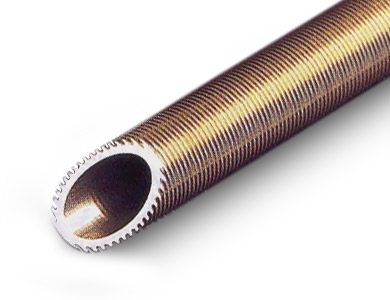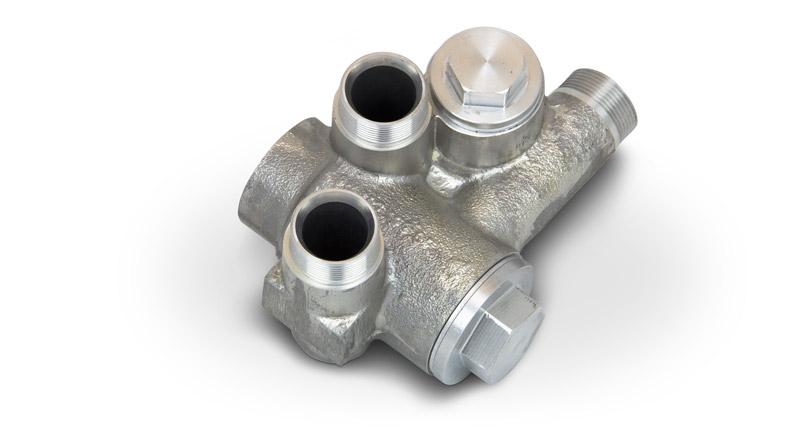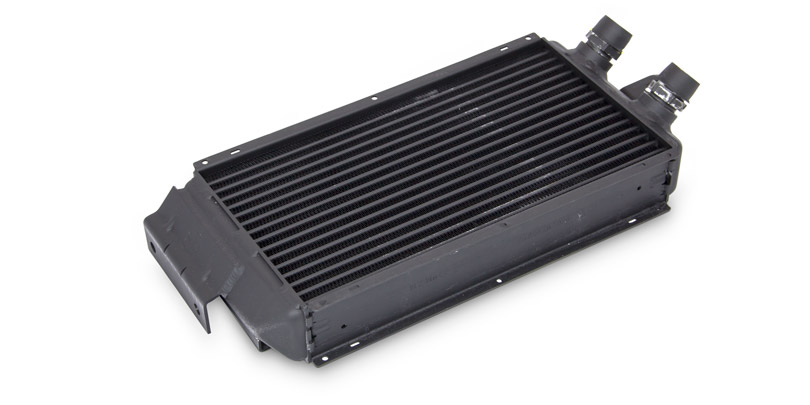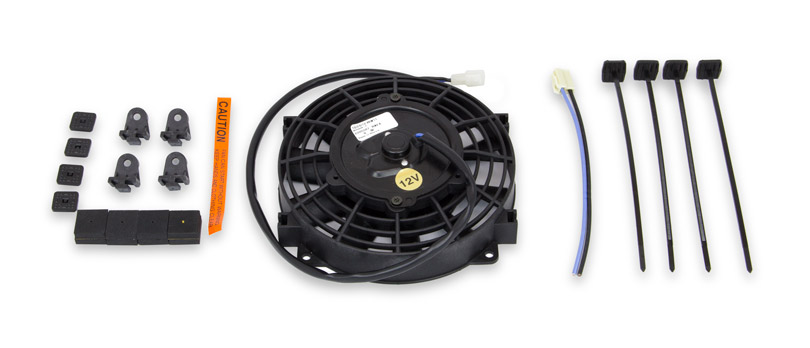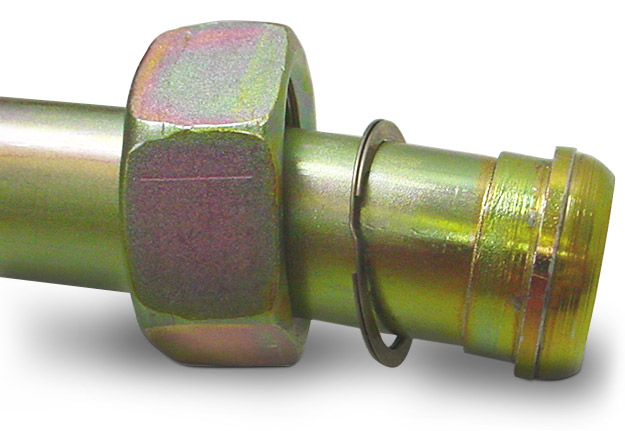300,000+ Mile Engines
Properly maintained 911 engines can last over 300,000 miles when oil temperature is kept in the optimal 180°-210°F range. As oil temperature rises engine life declines rapidly. If the temperature is too high the engine will fail in short order. But why?
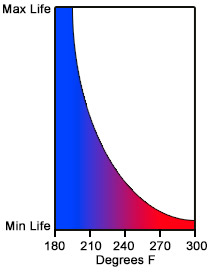
Engine life vs. Oil Temperature
To explain this we need to look at what is happening at the surface of the moving parts. Under microscopic examination, the machined surfaces are not truly smooth but instead have minute peaks and valleys. When two such surfaces are forced to slide over each other opposing high spots will contact, resisting any sliding action. The contact causes distortion, scuffing, micro-welding and subsequent tearing. An engine operating like this will not last!
With all the moving parts it seems impossible that an engine can last 300,000 miles, yet they do. The reason is that in normal operation the moving metal parts do not actually contact each other!
 If the parts move relatively quickly and sufficient viscous oil is present the oil is dragged between the surfaces filling the space between. The surfaces “float” on the oil film and no metallic contact occurs. This condition is called hydrodynamic lubrication.
If the parts move relatively quickly and sufficient viscous oil is present the oil is dragged between the surfaces filling the space between. The surfaces “float” on the oil film and no metallic contact occurs. This condition is called hydrodynamic lubrication.
Proper Oil Viscosity Is Crucial
Viscosity is a measure of an oils ability to flow. The viscosity controls the thickness of the oil film under hydrodynamic lubrication. Oils lose viscosity with increasing temperature.
As temperature increases and viscosity drops the oil film layer gets progressively thinner. Eventually, metal irregularities begin to contact and we no longer have hydrodynamic lubrication. The condition becomes more pronounced as temperature continues to climb and viscosity and film thickness continue to decline. Engine wear increases dramatically.
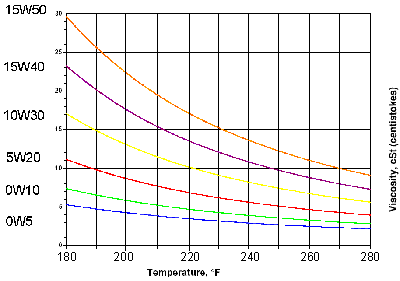
Keep Your Engine Oil Cool
There you have it. When oil is the proper temperature the moving parts operate in hydrodynamic lubrication, are not in contact and wear very little. With rising temperature viscosity drops and metal-to-metal contact begins. Engine wear is greatly accelerated.
Equipping your car with an external oil cooler will help ensure long life.














